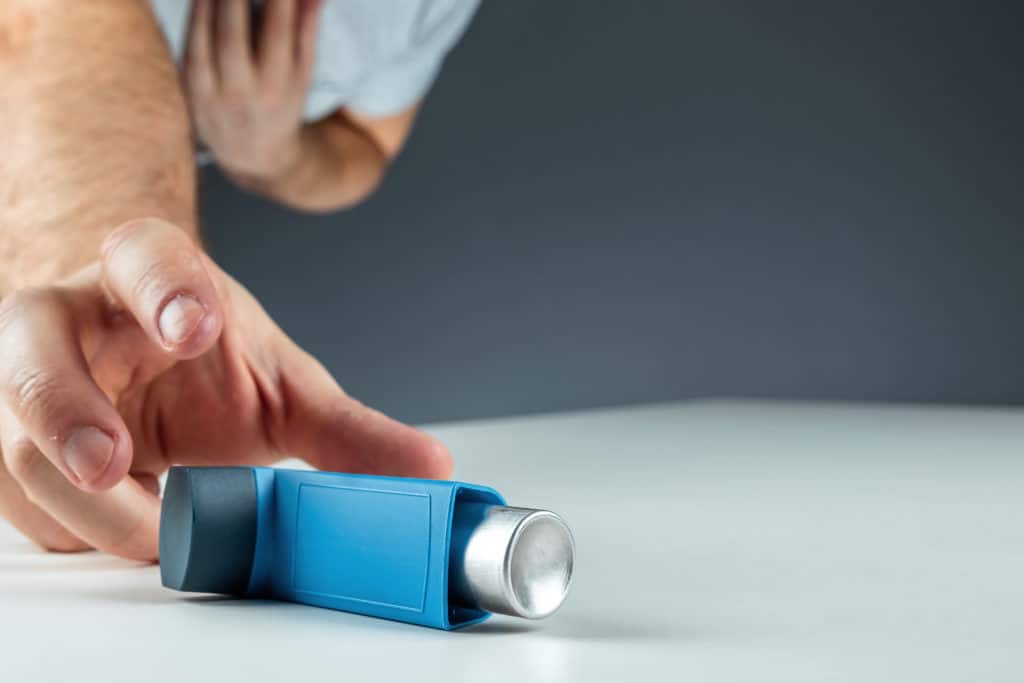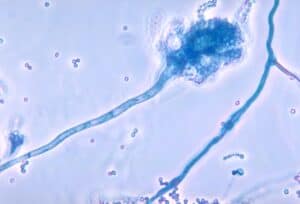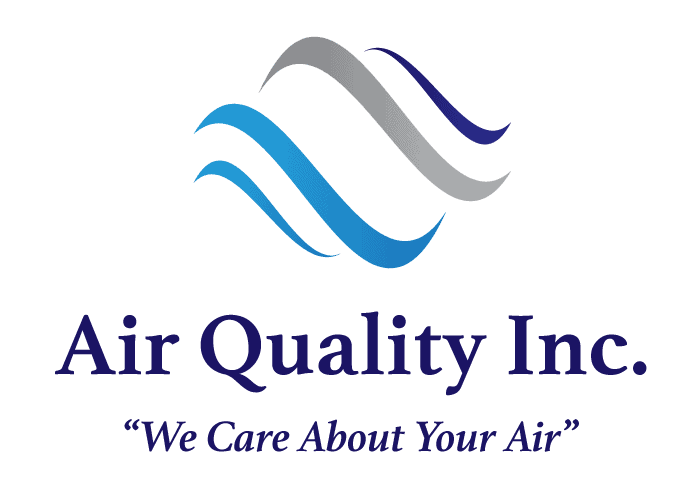Many outdoor environments and particular seasons are well known to irritate allergies and asthma. However, many people don’t realize their indoor environment may be more harmful than their outdoor environment. This is a major problem since most lifestyles today require time to be spent mainly indoors, whether people are working from home or in an office, at school, or your family time is spent at home at the end of the day.
Common Sources of Indoor Pollution
A key component for the management of asthma and allergies would be the avoidance of harmful allergens and substances in the home. There may be many sources that are causing harmful effects without even knowing it. Below is a list of some of the most common indoor sources:
- Household cleaners
- dust mites
- pet dander
- mold
- Stuffed toys
- Bedding
- Cosmetics, perfumes, and hair sprays
- Damp areas
- Indoor plants
- air-freshening sprays or scented candles
- Fuel-burning heat sources such as firewood, crop waste, and dung – for cooking and heating.
- Smoke from cigarettes, cooking, candles, fireplaces, or tobacco
- Toxic fumes from new products such as carpets or furniture
- Garage fumes that are entering the home, such as carbon monoxide from cars, or other harmful chemical products
- paint/ freshly painted items
- Pesticides
- Radon
Some of these sources are easy to remove and are only mild irritants. However, some of these listed sources are more serious and have been proven to lead to immature deaths caused by respiratory issues.
Ways to Reduce Indoor Air Pollution
Once these allergens and substances have been identified, it is time to detox the home or office to make it the clean and healthy environment you and your family need. Here are some ways to do so:
- Remove or reduce allergens causing pollution
- Create natural ventilation by opening windows and doors
- Create mechanical ventilation with an HVAC system
- Invest in an air purifier
- Do not smoke tobacco products in the home
- Prevent mold growth by lowering the humidity in your home by using exhaust fans throughout the home or getting a dehumidifier
- Store harmful products in a shed that is not attached to your home
- Install and check carbon monoxide alarms and radon alarms
As mentioned before, some of these can be easy fixes. However, some of these allergens may be hard to detect on our own. Therefore, seeking professional assistance is recommended for an indoor air quality test. This will help to find out better what dangerous products may be part of your home or office and their recommendations regarding safe solutions to ensure that spending time indoors isn’t causing harm to you and your loved ones.
If you need professional assistance in the Virginia Beach, VA, or Richmond, VA area, feel free to contact Air Quality Inc. to test your home air quality.




